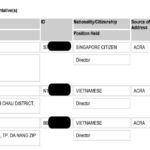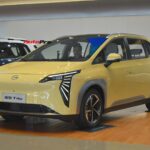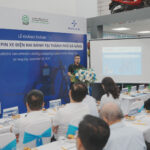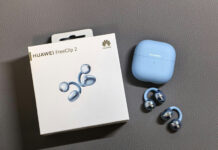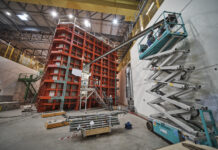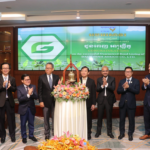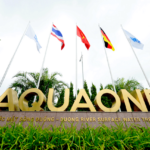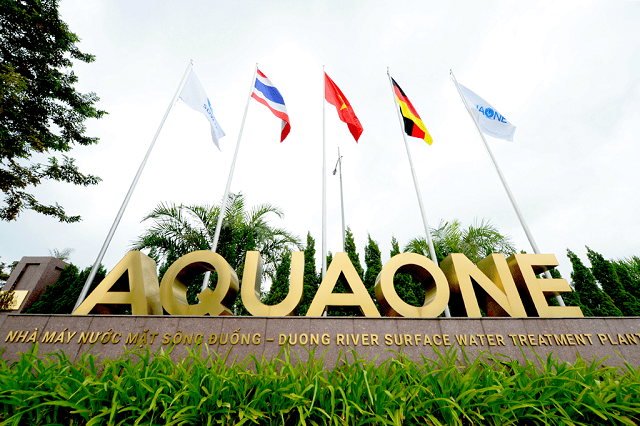This assessment was made by Mr. Otsu during the inauguration of the solid-state battery pilot production line in Sakura, Tochigi, Japan. This 27,400-square-meter facility, with an investment of 43 billion yen (approximately $277 million), is expected to commence pilot battery production in January 2025.
However, Honda engineers need to scrutinize the manufacturing process, technology, production costs, and pinpoint the exact specifications of the batteries before mass production. According to Honda, this process will be completed in the latter half of this decade.
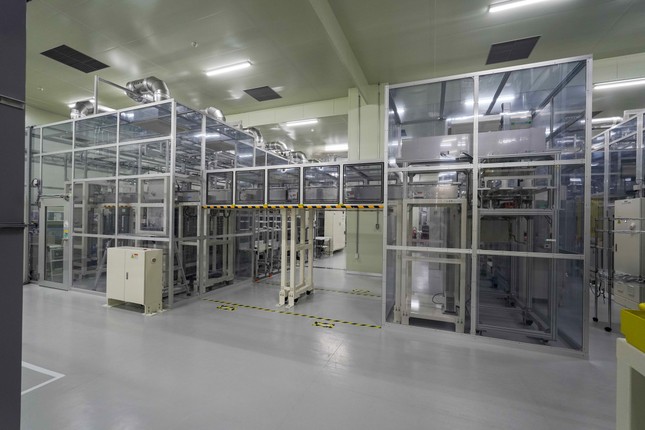
Honda’s solid-state battery pilot production line in Japan.
Director Otsu described solid-state battery technology as a game-changer for the electric vehicle era. He stated that this type of battery will help double the driving range compared to current lithium-ion batteries by the end of this decade and increase it to 2.5 times by the 2040s.
This means that Honda’s electric vehicles could achieve a range of up to nearly 1,000 kilometers on a single charge by 2029. By then, the range of most Honda electric cars will be enhanced, even as the battery pack remains the same size or decreases due to increased energy density.
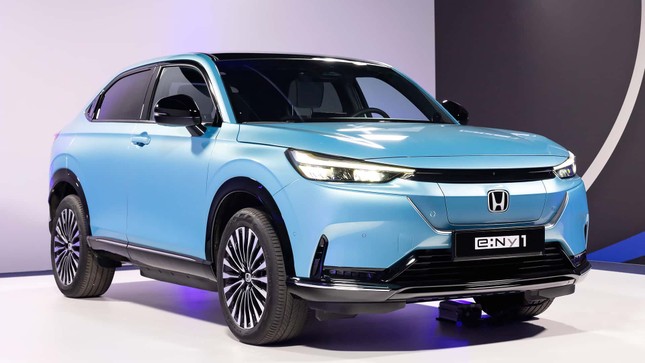
Honda e:Ny1 SUV.
Honda aims to reduce battery size by 50%, weight by 35%, and costs by 25% compared to current levels. Cost reduction plays a key role in making electric vehicles more accessible to consumers, especially amid the current demand slump.
Honda declared that it would increase electric vehicle production to over two million units in the next five years. The company forecasts that battery and fuel cell vehicles will account for 40% of its sales by that time and reach 100% by 2040.
Honda intends to apply solid-state battery technology not only to automobiles but also to various other mobility products, such as motorcycles and even aircraft.
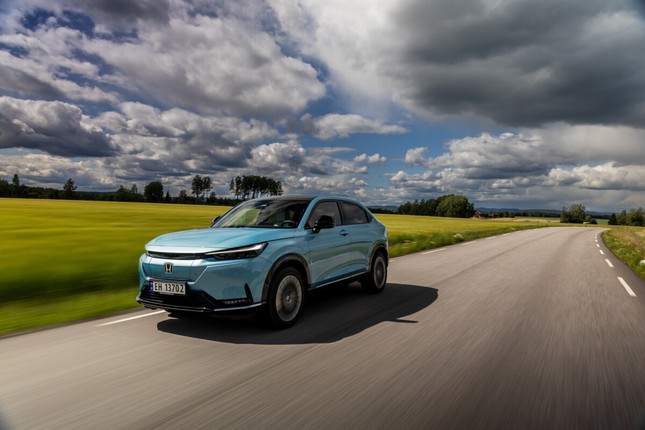
The Japanese automaker also mentioned the possibility of selling self-produced solid-state batteries to other brands. Previously, Honda collaborated with Nissan to develop batteries and motors, laying the groundwork for expanding this technology into multiple fields.
Aside from Honda, its domestic rival Toyota is also accelerating the development of solid-state battery technology. Toyota aims to introduce electric vehicles with this new battery technology to the market by 2027 and start mass production from 2030.
The Truth Behind the Allegations: Is Dat Bike Still a Proudly Vietnamese Enterprise?
“Instead of viewing the narrative as a business no longer being ‘purely Vietnamese’, let’s celebrate the success Dat Bike has achieved in building trust with international investors,” said CEO Son Nguyen.
The Electric Vehicle Battery Exchange System by Selex Motors Expands to Da Nang, Now Available in Four Provinces
Prior to Danang, Selex Motors had established approximately 80 battery-swapping stations across Hanoi, Ho Chi Minh City, and Hue.


